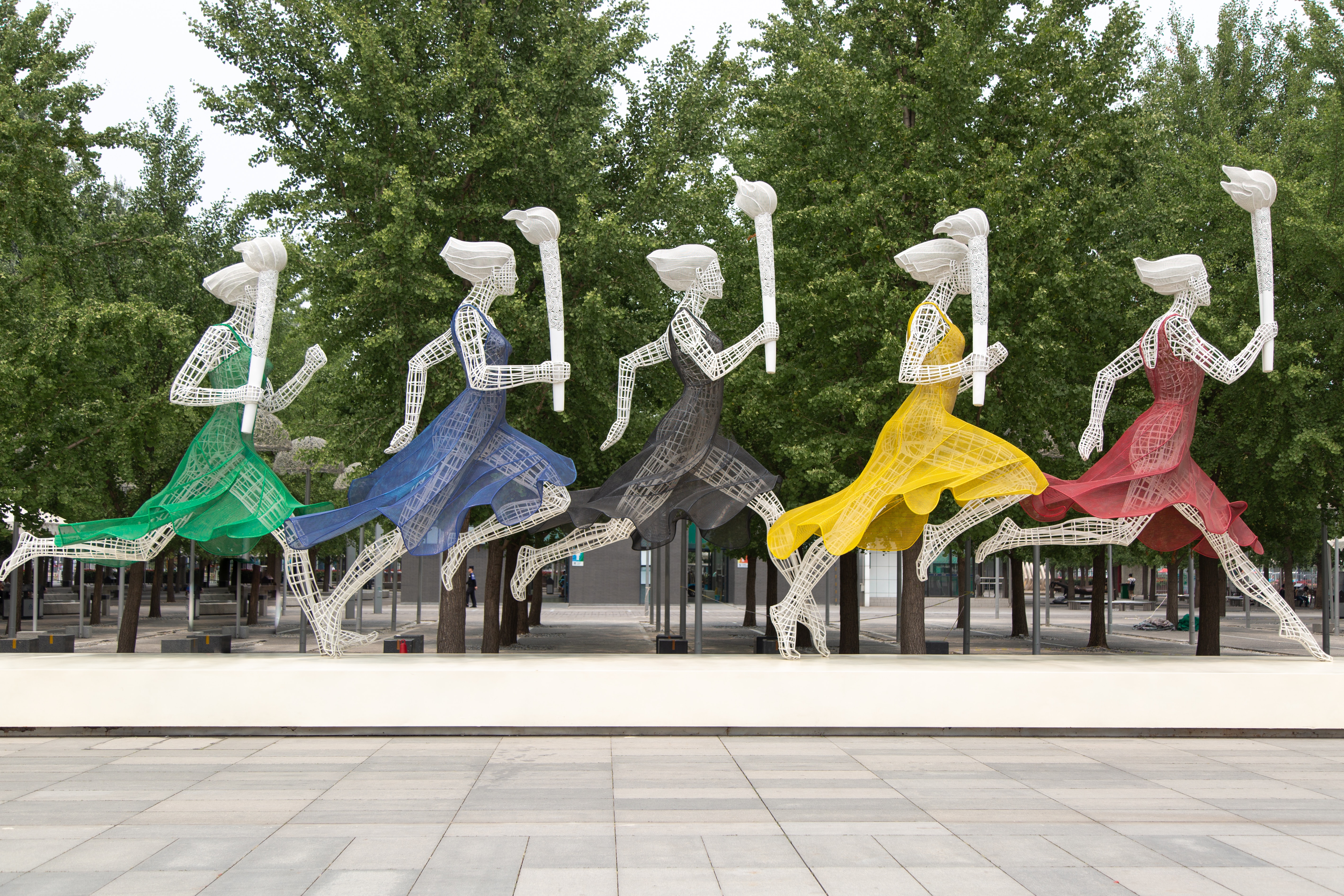“Prior to the 1968 Olympics in Mexico City, John Stephen Akhwari of Tanzania was just another marathon runner. An Olympic caliber runner, yes. He had won marathons in Africa, running with times under 2 1/2 hours. He easily qualified for the Olympics. But in Mexico City, Akhwari encountered an obstacle he had never faced before: the altitude, which caused his legs to cramp severely. Still, he kept running. Then, about halfway through the race, he tangled with some other runners and fell. He dislocated his knee, scraped up his leg, and hurt his shoulder as he fell. But he didn’t stop. With terrible injuries and cramped muscles slowing him, he labored on and finished the race. He was one of seventy-five people who started the race, and the last of fifty-seven to finish it. When he finally entered the arena for the final lap, only a couple thousand people were there to see him complete the race. He finished dead last, more than an hour behind the winner. A cheer went up for this brave runner as he circled the now darkened track. Although it seemed that Akhwari had lost the race, everyone who saw him finish knew he was a winner. In an interview later on, a reporter asked, ‘Why didn’t you quit when you were hurt and bruised, bloody, discouraged? Why didn’t you quit?’ His answer: ‘My country did not send me 5,000 miles to start the race; they sent me 5,000 miles to finish the race’” (Rick Warren, Daniel Amen, and Mark Hyman, “Attitude and Purpose,” The Daniel Plan: 40 Days to a Healthier Life (Grand Rapids: Zondervan, 2013), Kindle)





